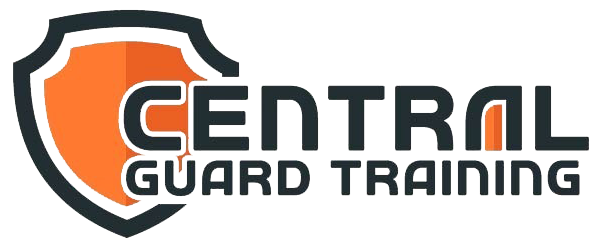
Mortgage Fraud – What A Private Investigator Should Know
Here’s a blog post focusing on mortgage fraud from the perspective of a private investigator. This article outlines what private investigators should understand about mortgage fraud and how they can effectively investigate it.
Mortgage Fraud: What a Private Investigator Should Know
In the realm of financial crime, mortgage fraud remains a significant challenge that not only affects lending institutions but also homeowners and the housing market as a whole. As a private investigator, understanding the nuances of mortgage fraud is crucial to your role in uncovering deceitful practices and protecting the interests of your clients. In this blog post, we will explore what mortgage fraud is, its various forms, detection techniques, and how private investigators can play a key role in combating this issue.
Understanding Mortgage Fraud
Mortgage fraud occurs when false information or misrepresentation is used to secure a mortgage loan. This type of fraud can involve borrowers, lenders, real estate agents, and even appraisers. The primary goal is usually to gain financial benefits through deceitful means, which can lead to significant losses for lenders, homeowners, and investors.
Common Types of Mortgage Fraud
- Fraud for Housing: This occurs when a borrower falsifies information to qualify for a mortgage they wouldn’t normally qualify for. This could include inflating income or misrepresenting job status.
- Fraud for Profit: This more extensive scheme often involves collusion among various parties, such as real estate agents, appraisers, and mortgage brokers. This fraud typically includes inflated property appraisals and kickbacks.
- Straw Buyer Scheme: In this scenario, someone with good credit is used to pose as the buyer of a property, while the actual buyer—often a person with an unfavorable credit history—intends to occupy the property.
- Property Flipping: This involves buying a property and quickly reselling it at an inflated price, often using falsified appraisals to deceive lenders.
Red Flags of Mortgage Fraud
As a private investigator, being aware of the warning signs is crucial. Here are some common red flags:
- Inconsistent or conflicting information on loan applications.
- Appraisal values that seem disproportionately high compared to market values.
- Borrowers who are evasive or unwilling to provide documentation when asked.
- Rapid reselling of properties with little time in between.
- Unusual financial transactions or unexplained deposits in accounts.
Investigation Techniques for Mortgage Fraud
When investigating mortgage fraud, private investigators can employ numerous techniques to gather evidence and uncover illicit activities:
- Document Verification: Check the validity of documents provided by the borrower, including pay stubs, tax returns, bank statements, and identification.
- Background Checks: Conduct thorough background checks on all parties involved, including borrowers, real estate agents, and mortgage brokers. This can reveal any previous history of fraud or questionable activities.
- Public Records Search: Investigate property records, transaction histories, and appraisal reports. This can provide insight into previous ownership, sale prices, and any suspicious activity.
- Surveillance: If necessary, surveillance may be employed to observe behaviors that conflict with representations made in the mortgage application process.
- Collaboration with Experts: Engaging with forensic accountants, legal experts, or appraisers can also enhance the investigation, providing specialized knowledge that can pinpoint fraudulent activity.
Legal Considerations
As a private investigator, it’s important to stay informed about the legal implications of your investigations. Ensure you understand the laws surrounding privacy, surveillance, and evidence collection in your jurisdiction. Adhering to legal standards not only protects you but also ensures that any findings can be effectively used in legal proceedings.
Conclusion
Mortgage fraud is a multifaceted issue that demands vigilance and expertise from private investigators. By understanding the various forms of fraud, recognizing red flags, employing effective investigation techniques, and adhering to legal standards, you can play a pivotal role in identifying and combating mortgage fraud.
Whether working for lending institutions, law firms, or individuals, your ability to uncover deceitful practices makes a significant difference in the integrity of the real estate market. If you encounter suspected mortgage fraud in your professional life, don’t hesitate to apply these insights and methodologies to support your investigation.
Feel free to share your experiences or ask questions about mortgage fraud and investigations in the comments below!



